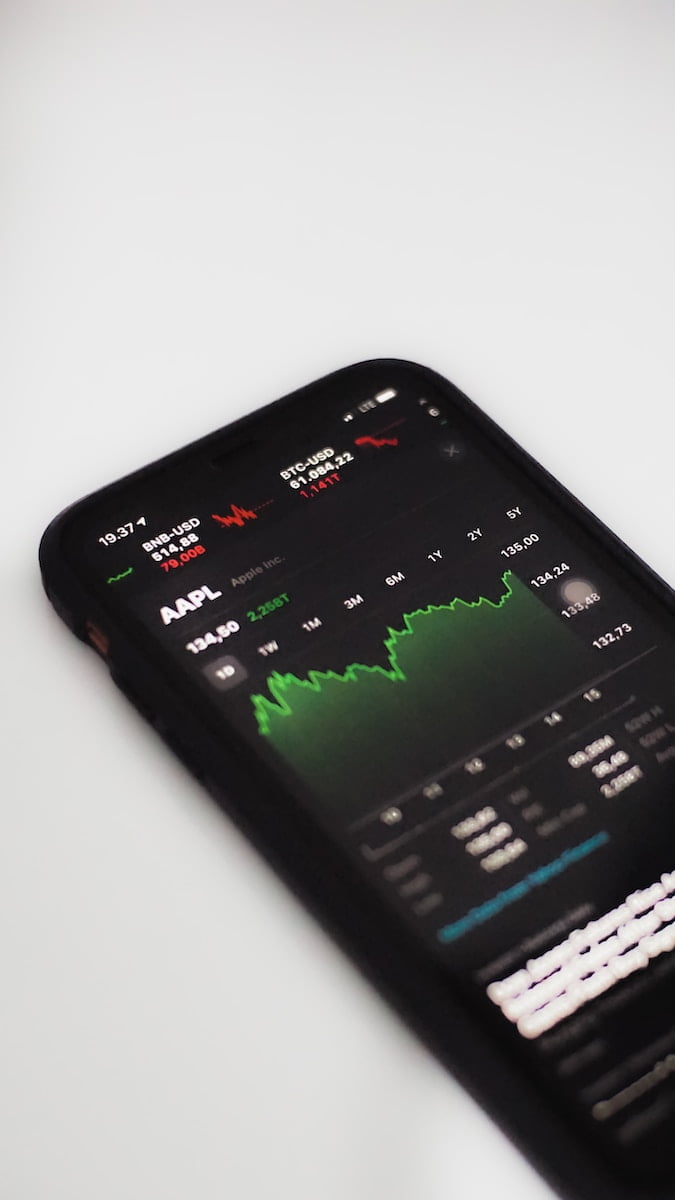Fintech and The Disruption of Retail Trading
Introduction:
In recent years, the rise of financial technology, or fintech, has been rapidly transforming various aspects of the financial industry. One area that has experienced significant disruption is retail trading. Gone are the days when trading stocks and other financial instruments was limited to large financial institutions. Fintech has democratized retail trading, allowing individual investors to participate in the market on an unprecedented scale. In this article, we will explore the impact of fintech on retail trading and the opportunities it presents for investors.
Heading 1: The Rise of Fintech in Retail Trading
The advent of fintech has revolutionized the way retail investors access and participate in financial markets. Online brokerages and trading platforms have emerged to provide a user-friendly experience, making it easier than ever for individuals to trade stocks and other securities. These platforms offer intuitive interfaces, real-time market data, and low-cost trading, empowering retail investors to take control of their investment decisions.
Heading 2: Disrupting Traditional Brokerage Models
Traditional brokerage firms have traditionally dominated the retail trading landscape, often charging high fees and requiring substantial initial investments. Fintech has disrupted this model by introducing commission-free trading, fractional share investing, and low-cost robo-advisory services. This shift has attracted a new wave of retail investors who were previously deterred by high costs and minimum investment requirements. As a result, the playing field has been leveled, enabling even small investors to trade and invest with ease.
Heading 3: Embracing Mobile Trading
Mobile technology has played a pivotal role in the growth of fintech and retail trading. With the widespread adoption of smartphones, investors now have access to their portfolios and market information at their fingertips. Mobile trading apps have become increasingly sophisticated, offering robust features such as live streaming market data, customizable alerts, and automated trading strategies. This accessibility and convenience have further fueled the surge in retail trading activity.
Heading 4: The Role of Artificial Intelligence (AI)
Artificial intelligence has emerged as a game-changer in retail trading. Advanced algorithms and machine learning capabilities have enabled fintech platforms to provide personalized investment recommendations and algorithmic trading strategies. AI-powered chatbots assist users with real-time market insights, portfolio analysis, and trading execution. These AI-driven tools have become indispensable for many retail traders, improving decision-making and enhancing overall trading performance.
Heading 5: Potential Risks and Regulatory Challenges
While fintech has undoubtedly brought numerous benefits to retail trading, it also poses certain risks. The ease of access and powerful trading tools can lead to impulsive decision-making and potential losses for inexperienced investors. Therefore, regulators are carefully monitoring the fintech industry to ensure investor protection, fair market practices, and the prevention of fraudulent activities. Striking a balance between innovation and regulation remains an ongoing challenge in the fintech-driven retail trading landscape.
Conclusion:
Fintech has opened up a world of opportunities for retail investors, disrupting the traditional brokerage model and empowering individuals to trade and invest with greater ease. The accessibility of mobile trading, coupled with AI-driven tools, has revolutionized retail trading by providing personalized insights and lower-cost services. However, as with any investment activity, it is crucial for individuals to educate themselves and approach retail trading with caution. By staying informed and mindful of potential risks, investors can harness the power of fintech to make informed decisions and maximize their returns in today’s evolving financial landscape.

+ There are no comments
Add yours